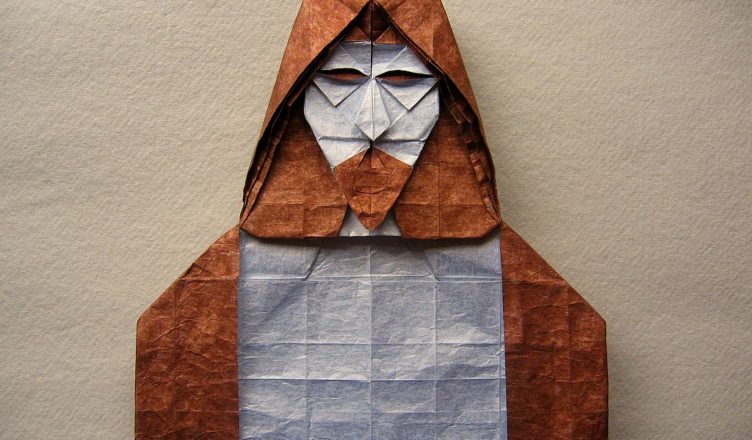Each day and every moment in life can bring unexpected events and learnings.
This was certainly true for me while living in Japan.
Traveling north on a country road well north of Tokyo. I was on my way by bus to a Shogi tournament. Shogi is Japanese chess, similar to the form played by Bobby Fisher, but different in one significant respect. In any move, a captured piece can be placed in any vacant space on the board!
Perhaps this brings the game closer to real life, where your friend or ally can suddenly change sides and tip the balance of struggle in a family dispute, business arrangement or war to one side or another. I suppose the intent behind adhering to decorum,the rule of law or religious values in society has been an attempt to bring some sanity and order to our lives. However, after playing this game, I wonder how effect that has really been. Japan is certainly considered part of the western world, yet, as in Shogi, its historical, social and cultural roots lie just beneath the surface ready to emerge in the most unexpected ways at any time.
In one example of this,I was waiting to board an elevator in a crowded office building lobby. Right in front of the elevator doors were two salarymen in suits waiting to board. They must have known each other because they each bowed to acknowledge the other before boarding. In order to do this properly, a friend later told me, each would know of the other’s social status and bow to an appropriate depth according to the social status or background of the other person. The the more important person would be given deference to board first.
In this case, they both bowed to an equal level and couldn’t decide who should board first. So, they bowed several times while the crowd behind them waited to board the elevator –a bit of a problem in a city where many people seemed to be in a hurry all of the time. Finally, the two noticeably bonked their heads and boarded together,pushed by the waiting crowd. I was the only person who laughed out loud at the humour of it all and many looked at me with disapproving eyes. But, all was OK because, I, as a gaijin (crazy foreigner) was not expected to conform to social norms. That is why I think many Japanese people take English language classes so they can speak and behave in ways outside the social norm without retribution.
A second example emerged on the Shogi bus trip when the driver unexpectedly pulled off the road to stop at some sort of shrine. We were told that this was the site of Jesus Christ’s tomb. Located near Shingo village in northern Japan, the story went that Jesus travelled the world and finally settled here, grew garlic, died and was buried here. Further, it was his brother who actually died on the cross. Scoff if you like, but this story was reported in the Smithsonian magazine. (https://www.smithsonianmag.com/history/the-little-known-legend-of-jesus-in-japan-165354242/
I sniggered at the time, but who am I to question people’s stories. I don’t think it matters whether they are proven to be factually correct, scientifically proven or a widely held view. I think that if someone has a story to tell, it not only has meaning for the teller, but for the listener.
So, I ask you dear listener, as I ask myself now, how do you listen to the stories you hear? Through what filter in your own mind do you interpret what you hear? Do you pull out the Bible? Examine the motives of the people who are communicating? Do you apply a stereotype which makes it easier to categorise and record the memory with no more than a passing thought? I certainly dismissed the story as a humorous memory. But, now in hindsight, I am wondering more deeply about this place and story. Without conclusion and switching my own biases off, I wonder what you make of this story, in the context of the culture in which it is found and perhaps of your own as well?
Photo credit: Paul’s photo of Jesus origami of a design by Quentin Trollip from Flickr.com






